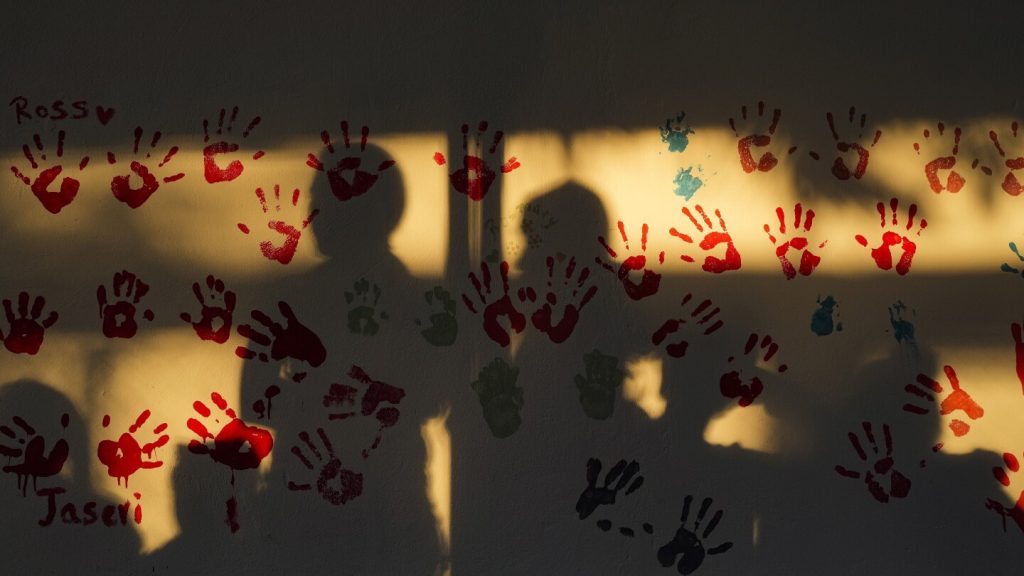In Putucual, Venezuela, a group of women and teenage girls visited a medical clinic to receive free contraceptives. During the visit, they were taught about various methods of birth control and the risks associated with human papillomavirus (HPV), the most common sexually transmitted infection in the world. Despite the prevalence of HPV, many of the women and girls had limited knowledge about the virus and the vaccines available to prevent it. Venezuela’s government has failed to provide free HPV shots, leaving parents responsible for educating their children and covering the cost of vaccinations, which is often unaffordable for many in the country.
HPV infections are often asymptomatic but can lead to genital warts and various types of cancer, including cervical, anal, penile, and throat cancer. Official health care statistics in Venezuela are scarce, making it difficult to assess the rate of HPV infection or vaccination coverage. The government estimated that 30% of Venezuelan women are affected by cancer-causing strains of HPV, but health care professionals believe the actual number is higher. Despite initial recommendations from doctors to introduce the HPV vaccine in 2009, the Venezuelan government has repeatedly failed to fulfill its promise to provide the shots for free.
In 2022, Maduro’s administration announced plans to introduce the HPV vaccine following an agreement with GAVI, a global alliance that helps procure vaccinations for poor countries. However, no shots were distributed in 2023, and the vaccine is not listed among those offered during national vaccination week. The lack of access to HPV vaccines in Venezuela has led to a scarcity of awareness about the virus and its risks, compounded by the absence of comprehensive sex education in schools. Private clinics that offer the vaccine charge high prices, making it unattainable for many families struggling to afford basic necessities.
The decline in sex education in schools under Maduro’s administration has left many adolescents vulnerable to misinformation and unaware of the importance of HPV prevention. While textbooks on the subject were once available, they have not been updated or widely accessible since 2015. Some parents, like Adriana Yeguez, are taking matters into their own hands by educating their children about HPV and advocating for more comprehensive sexual health education in schools. However, cultural taboos and misconceptions about the HPV vaccine continue to impede efforts to increase vaccination rates in Venezuela.
Physicians in Venezuela emphasize the importance of HPV vaccinations in preventing cervical cancer and other HPV-related conditions. Despite resistance from some parents and governments, the vaccine is crucial in reducing the incidence of HPV-related cancers. In Latin American countries, studies have shown that lack of parental knowledge about HPV can hinder vaccination efforts. Health care workers like Daniel Rojas at the Putucual clinic urge individuals to seek medical attention if they suspect an HPV infection, emphasizing the importance of early detection and treatment to prevent serious health issues in the future.
Overall, the lack of access to HPV vaccines, coupled with insufficient sex education in schools, poses a significant health risk to the population of Venezuela. While efforts are being made to increase awareness and access to vaccinations, challenges remain in overcoming cultural barriers and misinformation about HPV. The ongoing struggle to provide adequate sexual health education and preventative care highlights the need for comprehensive public health initiatives to address the growing prevalence of HPV infections and related illnesses in the country.


